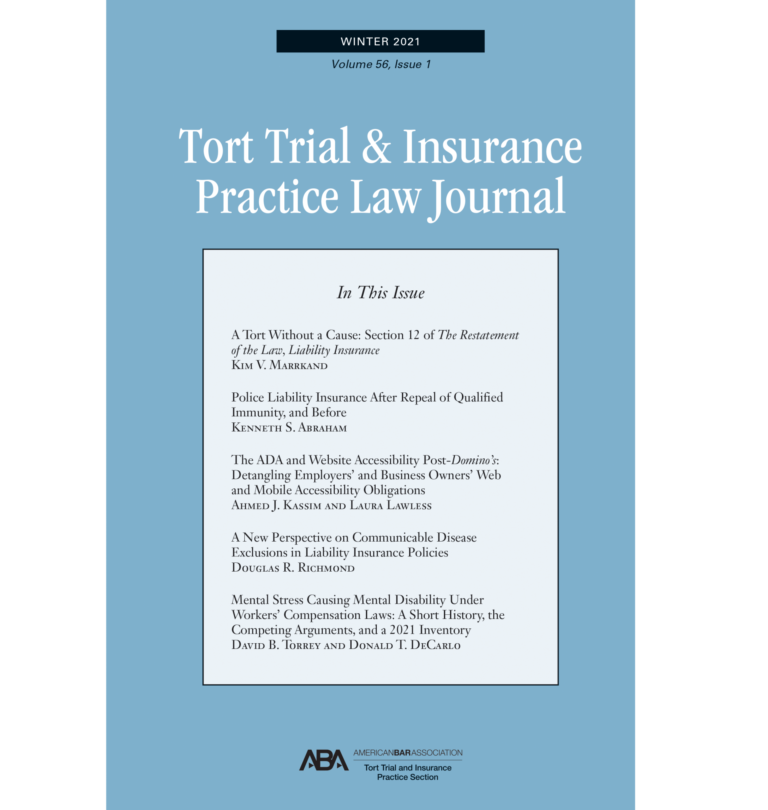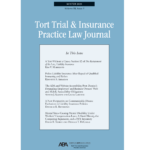Delaware Attorney Avoids Suspension By New Jersey Supreme Court For Adderall Possession Without A Prescription
According to court documents police found a small quantity of Adderall, a prescription drug commonly used to treat attention deficit disorder, in the possession of an attorney stopped for a traffic violation. The attorney did not have a prescription for the drug and he was therefore cited, along with other traffic-related offenses.
As he was admitted to New Jersey courts, the New Jersey Supreme Court exercised disciplinary authority over the attorney for the possession even though he had moved to Delaware.
A split New Jersey disciplinary review board investigated and recommended to the Court that the attorney’s New Jersey license be suspended for three months.
In July, 2021 the New Jersey Supreme Court rejected the recommended suspension in favor of an order publicly censuring the attorney. This was a lesser form of discipline than the recommended suspension.
Censure had had been recommended by dissenting members of the disciplinary review board. As discussed in the disciplinary review board’s recommendation and dissent, the censure discipline was considerably harsher than a private reprimand given by the Delaware supervising court.
The censure and the deliberations are a reminder that the law does not necessarily follow changing cultural norms. The attorney had argued that illegal nonprescription drug use was common, but that argument did not carry sufficient weight to prevent discipline. As is perhaps typical with such matters, the debate was only about how much discipline the attorney deserved, not whether to discipline the attorney at all.








